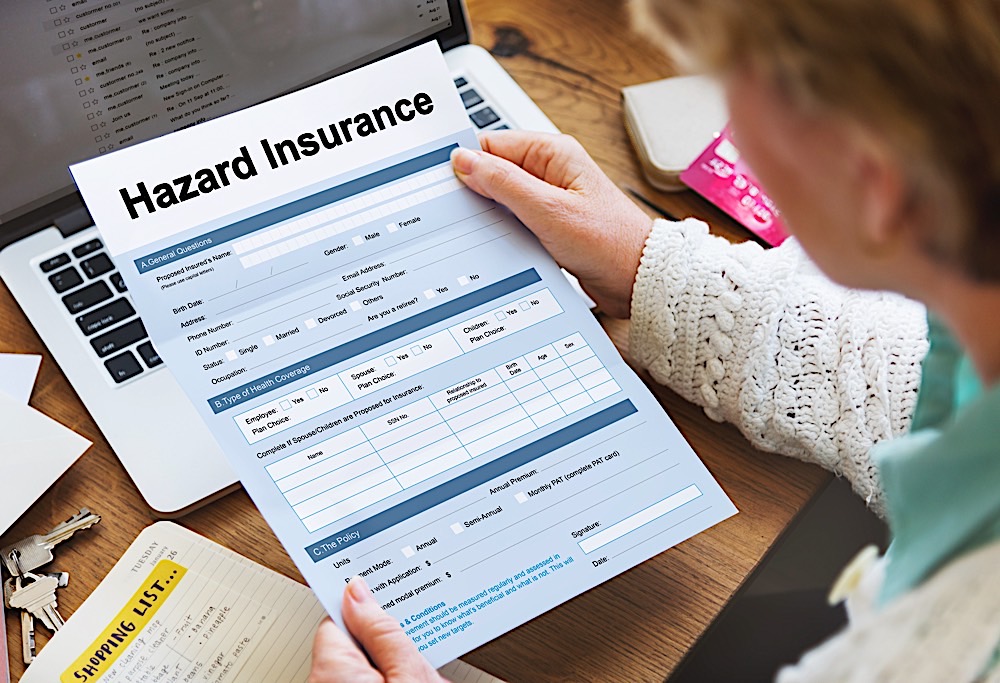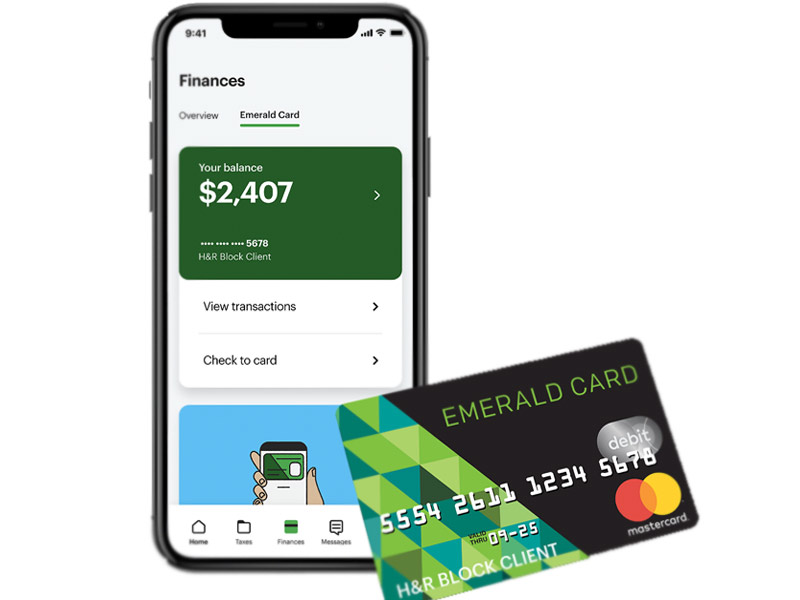Even if the accident was not your fault, your auto insurance premiums will almost certainly rise if you are involved in one. When does car insurance go down after accident? Read the full article to see when you can expect relief.
When Does Car Insurance Go Down After Accident
Increase in Average Insurance Premiums Customers who file an accident claim face an average annual premium increase of $767, which is approximately 50% higher than the average cost of $1548 for drivers with clean histories. The increase usually lasts at least three and up to five years, resulting in a total increase of $2300.
For accidents that they did not cause, several companies do not raise consumer rates. For example, An insurer for military members and their families may keep premiums the same for customers who submit claims but are not at fault for the collision.
Some states have regulations prohibiting insurance companies from boosting customer premiums. In New York, for example, insurers can only raise policy premiums after at-fault accidents that result in property damage of more than $2000 or any bodily injury.
Increase in Average Insurance Premiums After Car Accident by Company
The smallest price hikes following an auto accident are offered by State Farm, GEICO, and USAA. Accident forgiveness programs, such as those offered by USAA and GEICO, allow you to keep your premiums the same even if you submit a claim. This type of coverage is not available in every state, though. Furthermore, before being eligible for accident forgiveness, you must have gone three years without filing a claim.
Average annual increase by company after a car accident
- State Farm Insurance – $304
- $340 – USAA
- $701 in Farmers Insurance
- Liberty Mutual Insurance – $710
- GEICO has a $721 premium.
- $826 on a national scale
- $1129 Allstate
- $1168 Progressive
Increase in Insurance Premiums at a Specific Time
As previously stated, most insurance companies will waive the accident surcharge if you do not have any more accidents within five years after the collision. The closer the incident is to your policy renewal date, the more you can anticipate to spend for auto insurance.
While a bodily injury claim, an accident involving driving under the influence, a reckless driving ticket or accident, an accident causing serious bodily injury or death to another person, or multiple violations within a short period of time is the average duration of an auto insurance increase after an accident, you may have to pay a higher premium for more than 36 months.
In any of these situations, the state may compel you to obtain high-risk insurance, sometimes known as SR-22 insurance. A standard motor insurance may be unable to provide coverage at a reasonable price. You may also be required to serve a license suspension before reapplying for vehicle insurance. To obtain driving privileges with an SR-22, you must demonstrate that you have liability insurance.
Reasons for Increasing Insurance Premiums
For a variety of reasons, insurance companies hike premiums after an accident, including the greater risk of insuring customers who have already been in an accident. These people are statistically more likely to have another accident, making them more expensive for insurers. Insurance companies also seek payment for the time, parts, and labor that went into your claim. Surcharges are often not included in your standard premium payments.
After an automobile accident, premiums do not necessarily increase. For example, rates may not rise after a collision caused by another driver, after a minor fender bender, if you have not been in an accident in at least six years, or if your policy includes accident forgiveness. Even in these cases, though, you may forfeit a good driver discount.
Considerations Regarding Your Driving Record
An accident will linger on your driving record for several years. The actual length of time varies by state, so contact your local Department of Motor Vehicles for more information. California, for example, keeps information about traffic tickets and accidents for three years, but details about more serious charges like driving under the influence are kept for ten years. Accidents are recorded on your record even if you were not at fault if they resulted in injury, death, or property damage of more than $1000.
In Florida, a motor vehicle collision is only recorded on your driving record if you receive a ticket as a result of the collision. It will appear on your DMV report for up to five years in this scenario, or longer for more serious offenses. In Florida, a DUI will stay on your record for 75 years.
How To Save Money On Insurance After A Car Accident
After a car accident, you can typically save money on your auto insurance premiums by shopping around for a better deal with a different insurance company. Because each insurer uses its unique formula to produce quotations, be sure you thoroughly investigate all of the options.
When comparing rates, inquire about any potential reductions, especially ones that aren’t widely advertised. Price reductions for safety or anti-theft equipment in your car, lowering your average mileage, or obtaining at least a B average if you’re a high school or college student are all common discounts.
Sharing an insurance policy with a motorist with a clean driving record and several years of experience can sometimes result in lower prices. You can save money by bundling your homeowner’s or renter’s insurance with your motor insurance.
If at all possible, avoid submitting a claim, especially if it comes soon after another accident claim. Even if it’s a tiny collision, you’ll almost certainly observe a higher rate increase in this situation. In the long run, paying out of pocket can save you a lot of money on insurance premiums.



